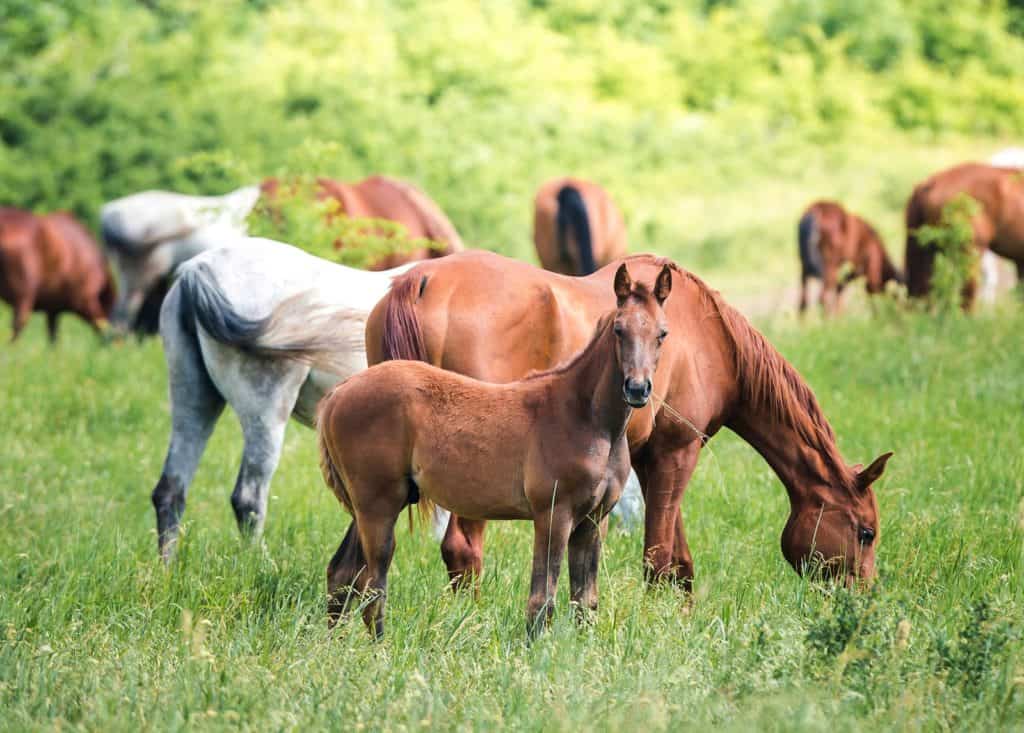
Strategies for Feeding the Mixed Herd
You can’t just toss your equine athletes, seniors, youngsters, and retirees the same feed and call it a day.

You can’t just toss your equine athletes, seniors, youngsters, and retirees the same feed and call it a day.

Performance horses have special nutritional needs. Here are some tips on how to get the most out of your athlete’s diet.

Weight loss is possible in most situations, provided the owner remains actively involved in the nutrition program.

Design a feeding program that provides adequate calories without putting the horse at risk for gastrointestinal upset.

Off-track Thoroughbreds have special nutritional needs as they begin transitioning to new careers.
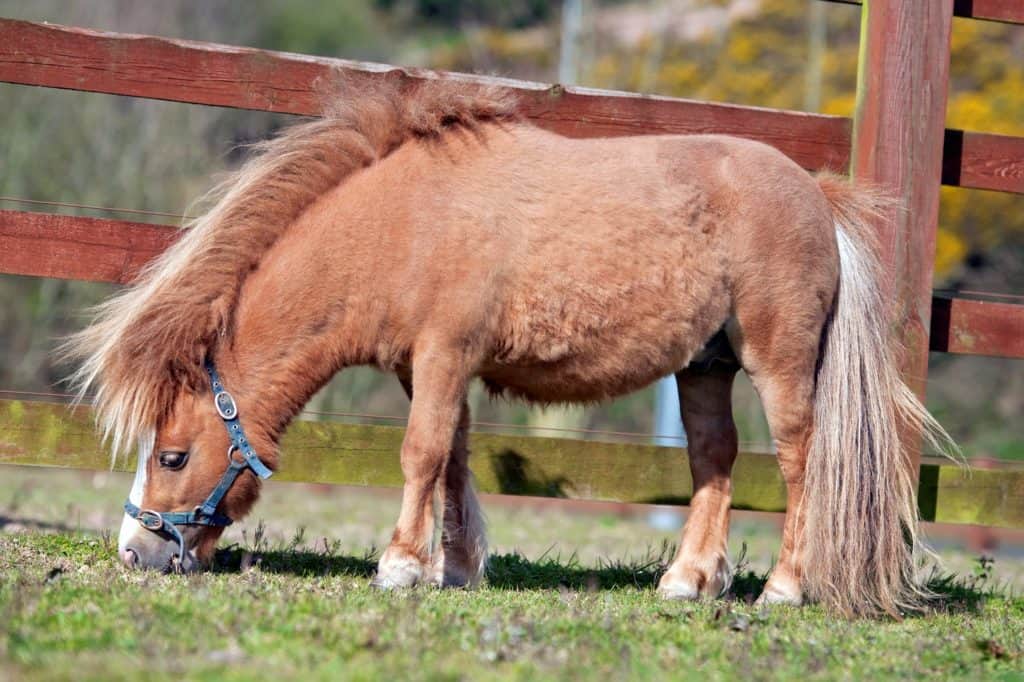
If you’re considering a Miniature Horse as a pet or companion, remember that a small size doesn’t mean less upkeep.

Nutritionist Dr. Clair Thunes and vet Dr. Erin Denney-Jones offer their thoughts on feed frequency for horse health.

Of the 674 respondents, 614 (91%) said their horses’ daily diet includes grain, feed, concentrates, or supplements.

Find out how feeding recommendations and diets for performance horses have changed over the years.
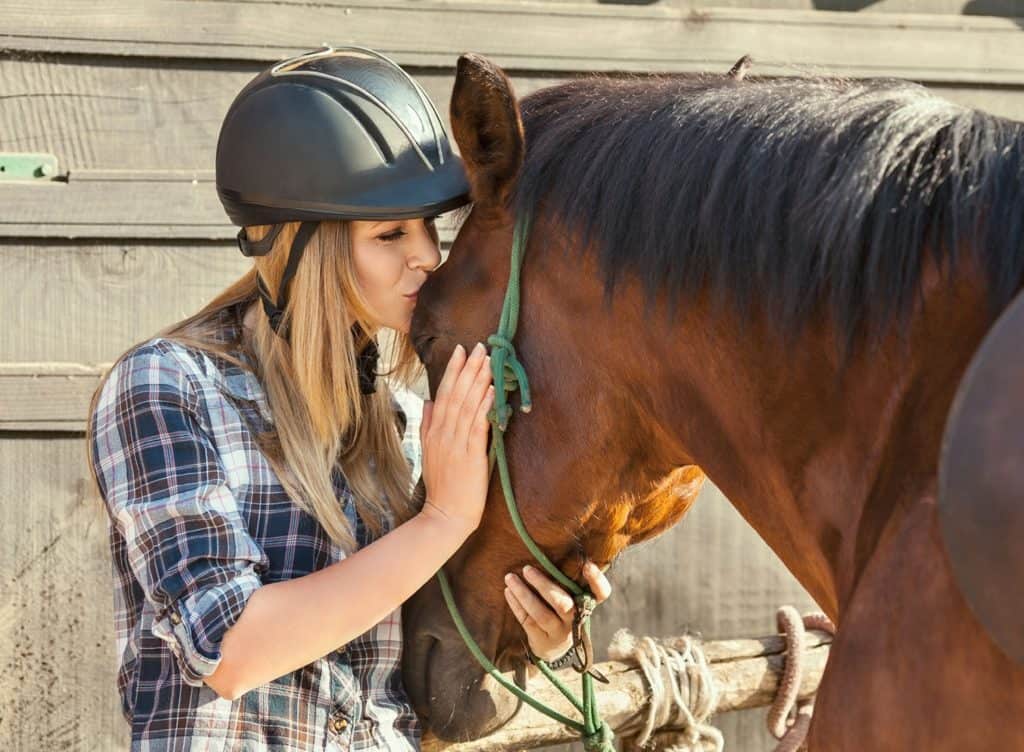
Are you getting your first horse or first horse in a long time? Our experts will help you navigate equine ownership.

From feeding to vaccines and colic to lameness, here are some basic resources to get the new horse owner started.

Horses with chronic laminitis should be closely monitored during treatment and recovery. Here’s what to consider.
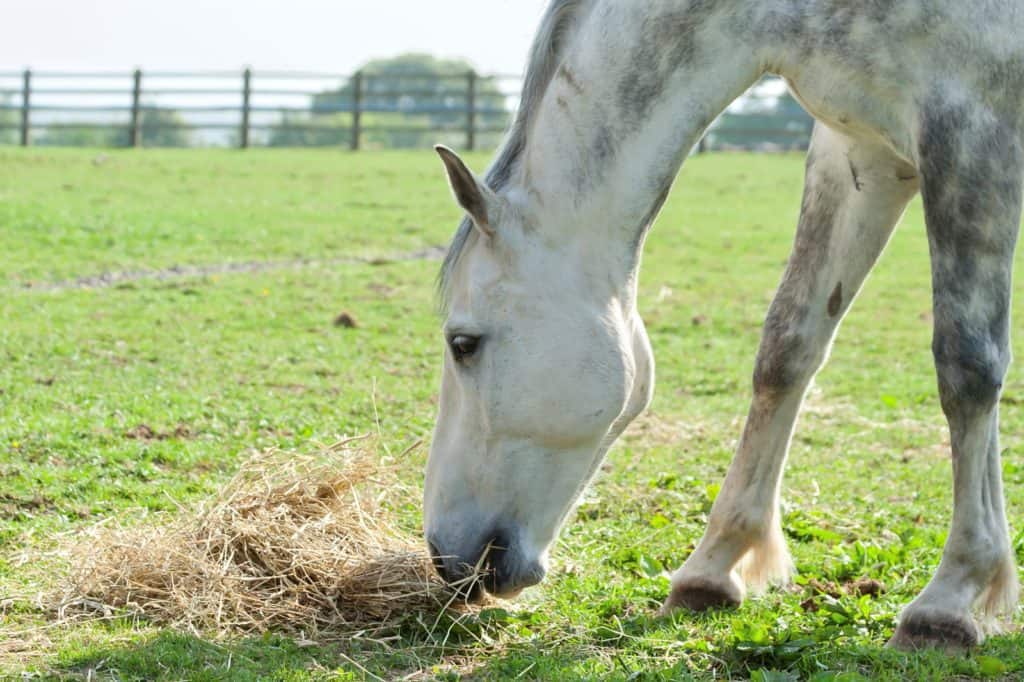
These micronutrients found in forage, feeds, and supplements help support the athletic horse’s health.

The event is designed to teach owners how nutrition can affect their horses’ health and longevity.
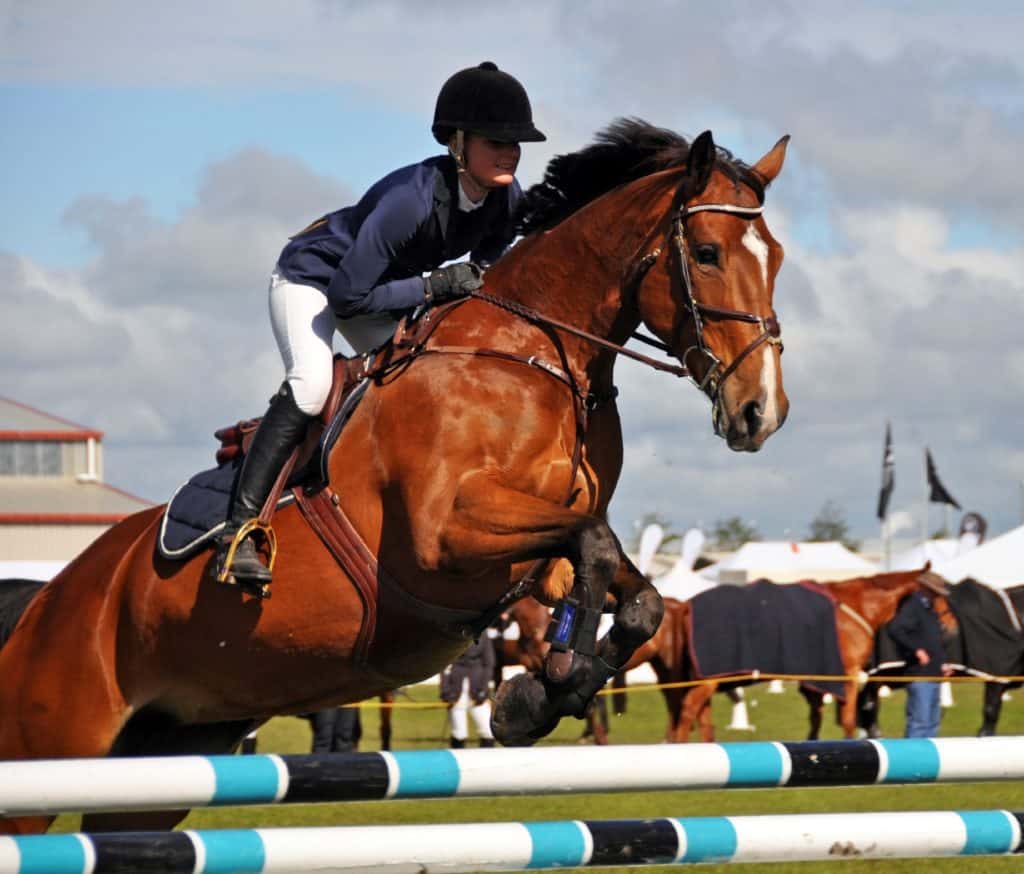
Dr. Shannon Pratt-Phillips surveyed elite show jumper owners/managers about their horse’s diets. Here’s what she found.

No doubt about it, horse ownership is a big responsibility. Here’s a look at the basics of what every horse needs.
Stay on top of the most recent Horse Health news with
"*" indicates required fields